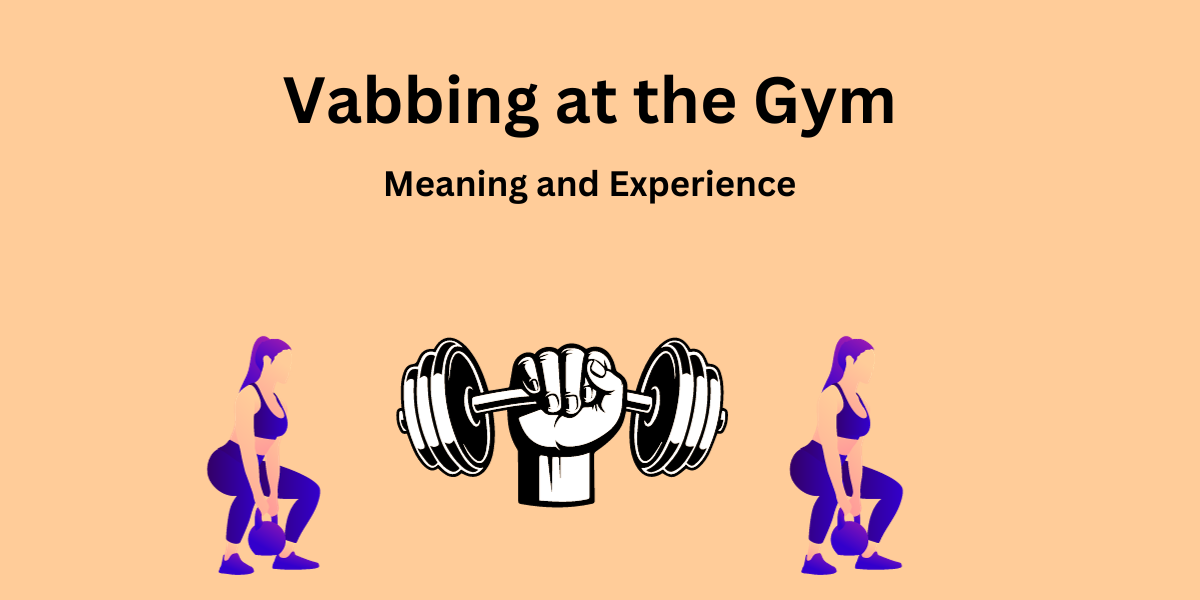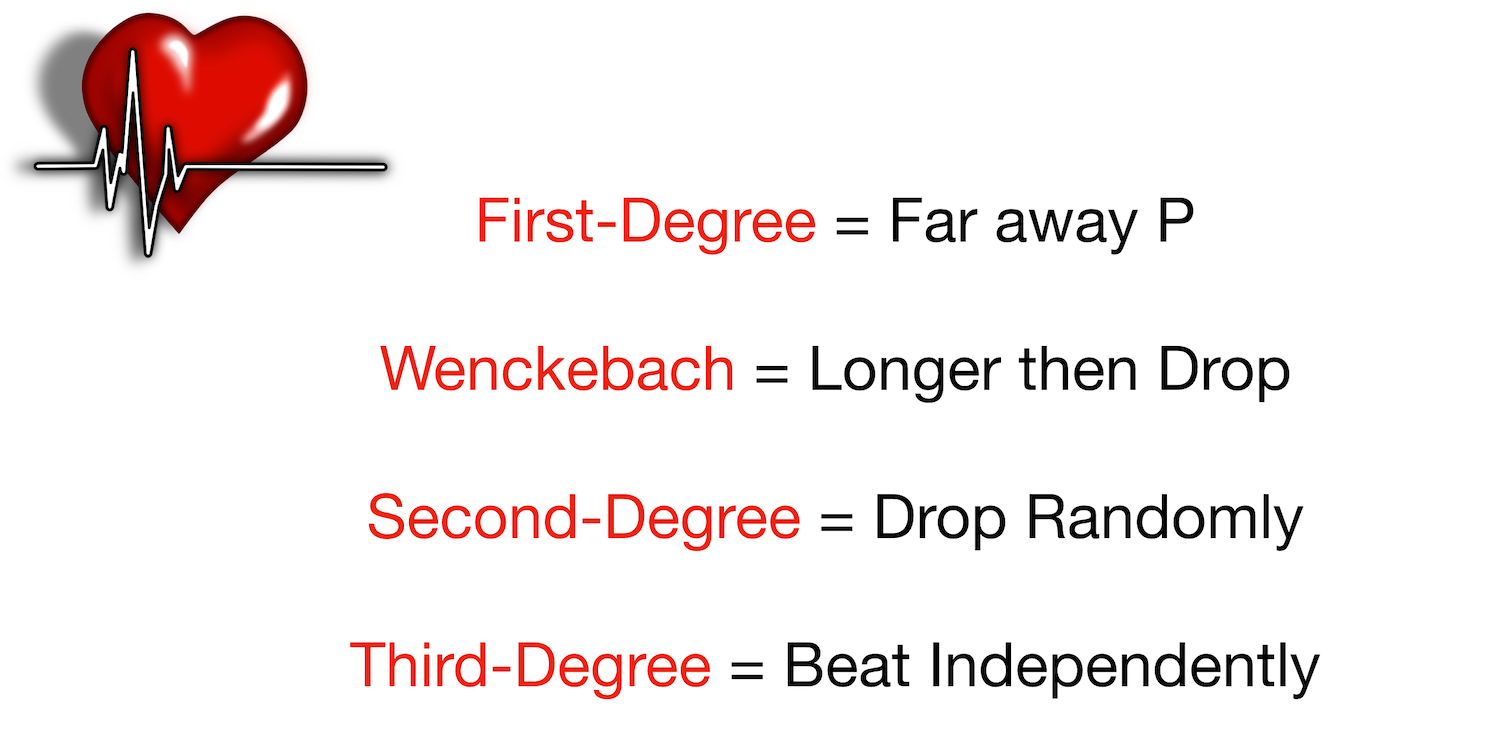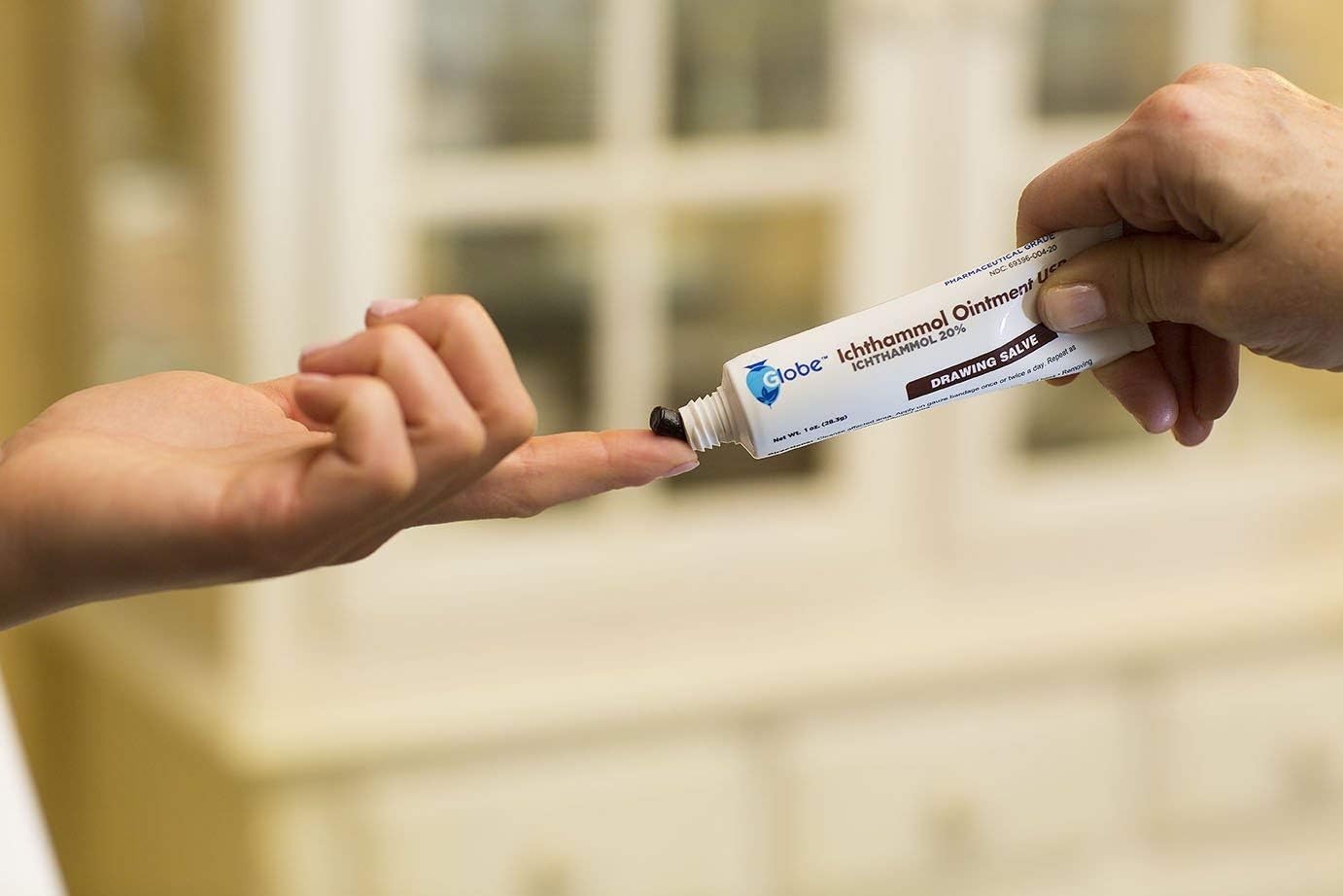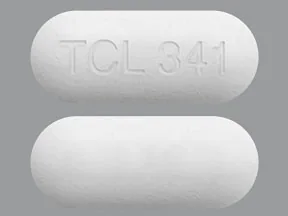If you want to lose weight, get stronger, or just stay the same weight, checking your weight from time to time can be helpful.
But, if one day you step on the scale and see that you’ve suddenly gained 5 to 10 pounds, it might surprise you (or make you very happy if you’re trying to build strong muscles).
One reason for this quick Creatine Weight Gain could be using creatine supplements. In this article, you will find out why creatine can make you gain weight fast, how much extra weight people usually put on with creatine, what it means for your body and health, and what you can do about it.
What Is Creatine
Creatine is something athletes and fitness enthusiasts use to do more exercise, like lifting weights and being faster.
Your body actually makes a bit of creatine every day from certain proteins. You can also get it from foods like steak. When people use a kind of creatine called creatine monohydrate, they usually take 3-5 grams each day. After about 4 weeks, their muscles have a lot of creatine in them.
Some people use a “loading phase” to get results faster. They take a lot of creatine for a week and then less every day. Using creatine helps your muscles have more energy for short, powerful movements, like lifting heavy things or being very fast.
And when you’re stronger because of creatine, you can build more muscle. It’s as simple as that.
Can Creatine Cause You to Put On Extra Pounds? How Come?
In simple terms, yes, creatine can make you gain weight.
Studies show that if you take creatine, especially during a “loading phase,” you can put on weight quickly. For example, one study in 2003 found that after a month of taking a lot of creatine, people gained about 3.75 pounds on average. Another study in 2016 showed that young soccer players gained about 2.2 pounds on average after just one week of creatine use.
But here’s the important thing: most of this weight gain is because of extra water in your body. So, if you were worried about getting fat, you don’t need to be. However, if you were hoping to suddenly gain 5 pounds of strong muscle, that’s not what’s happening.
For most people, this isn’t a big deal unless you’re an athlete who needs to stay in a certain weight category.
Let’s continue to see how this Creatine Weight Gain affects your body goals.
Can Creatine Cause Weight Gain in the Form of Fat?
If you’re trying to lose fat and you start taking creatine, you might be surprised if you suddenly gain weight.
But here’s the good news: Creatine doesn’t make you gain fat. The weight you put on quickly because of creatine is almost always just water weight.
Many studies have found that when you use creatine for a short time, it can make you retain more water, but it doesn’t increase your body fat.
Because creatine doesn’t have any calories you can use and doesn’t stop your body from burning fat, there’s no problem using it when you want to lose weight.
Also, creatine can make you stronger, and when you lift weights while trying to lose fat, it’s really good for your body shape. So, using creatine to lift more weight when you’re losing fat is a good idea[*].
But if gaining a few extra pounds still worries you, don’t worry, we’ll talk about what to do if you gain weight from creatine in the next section.
Creatine and Holding Extra Water
Creatine can sometimes make your body hold more water, and here’s why: Creatine is like a water magnet.
Creatine can pull extra water into your body. Research has found that creatine makes the water levels inside and outside your cells go up.
Keeping more water inside your cells can make you look more muscular or bigger. On the other hand, having more water outside your cells can make you look a bit bloated, which might seem like you gained fat.
You might have heard some fitness experts say that creatine doesn’t cause bloating, but that’s not right.
Most studies agree that creatine can increase how much water your body holds, and at least one study found more water outside the cells but not inside.
In short, creatine can sometimes make you gain water weight, and whether it makes you look more bloated, more muscular, or both depends on the person.
Creatine to Build Muscle
We’ve already talked about how creatine is a great supplement for building muscles.
But if you notice a quick increase in your weight right after starting creatine, it is probably not because you gained real muscle.
When creatine makes your body hold more water inside the cells, you might look more muscular. However studies show that taking creatine for a few days to a month is very unlikely to give you a lot of new muscle right away.
Remember, creatine mainly helps you build muscle by making you perform better in the gym.
While getting a few more reps with heavy weights is helpful in the long run, it won’t magically add 5-10 pounds of muscle in just a few weeks.
What Should You Do If You Put on Weight?
If you notice that you’ve gained some extra water weight because of creatine, don’t worry too much. It’s a sign that the creatine is doing its job.
Apart from feeling a bit heavier or seeing small changes in how you look, the extra water your body holds due to creatine won’t harm you.
The best thing to do in this situation is to do nothing. Try not to stress about it. Keep eating healthy and working out, and you’ll benefit from taking creatine.
Your body might naturally get rid of the extra water weight over time because our bodies tend to balance things out on their own.
But if you really don’t like the water weight gain or you have a beach trip coming up and don’t want to look bloated, you can take a break from creatine.
Your body naturally gets rid of about 1-2% of its creatine stores every day, so even if your muscles are fully loaded with creatine, you should get back to normal within a month, possibly even faster.
And the good news is that when you start using creatine again if you don’t do a “loading” phase or use a lower dose than before, you’re less likely to hold onto excess water. A study in 2017 found that taking a low dose of creatine for a short time doesn’t seem to make your body retain extra water.
In conclusion, if you’re really bothered by the extra water weight from creatine, you can stop using it for a month. When you start again, you might want to avoid the “loading” phase and use a smaller dose, like no more than 3-5 grams per day.
However, even though creatine water weight is not harmful, if you’re worried about sudden weight gain and have other problems, take medicine, or have a medical condition, it’s a good idea to see a doctor.
Side Effects, Creatine Safety, and Who Should Use It
Just like whey protein, creatine is one of the safest and most studied supplements out there.
Research shows that creatine is safe for everyone, from babies to older people. Even taking large doses, like 30 grams a day, seems safe for healthy folks for many years.
One common but not serious creatine side effect is an upset stomach or related problems. This probably happens because of the way creatine works in your body, much like bloating.
If creatine gives you a tummy ache, here are some tips:
- Take smaller doses several times a day instead of one big dose.
- Mix it with hot water first.
- Use a finely ground creatine product.
- Instead of starting with high doses, take 3-5 grams a day.
Apart from mild upset stomach or bloating, there’s not much to worry about when using creatine.
And don’t worry about rumours of creatine causing hair loss; that’s very unlikely.
So, who should use creatine?
If you want to gain lean muscle or get fitter, it’s a good idea to consider using creatine from a cost-benefit point of view.
Even if you’re not interested in getting stronger or better at physical activities, creatine could still be useful.
Studies show that creatine might help safeguard your brain from injuries, lessen the impact of stress and lack of sleep, and boost your thinking abilities.
We’re not telling you that you must use creatine, but if you’re already taking other supplements, it’s worth knowing that creatine has more scientific support than many of them. It’s just something to consider.
Summary
Creatine won’t make you gain fat, it won’t magically add 10 pounds of muscle right away, and it’s unlikely to make you lose your hair.
Creatine can make you better at the gym, help you build more muscles, and improve your brain health and thinking abilities.
It could or could not result in you holding onto a few pounds of extra water weight, which might make you appear more muscular or slightly swollen.
You won’t understand until you give it a shot, and if the temporary water retention worries you, you can take a break and then resume with a smaller daily dose. Keep in mind, though, that most folks likely won’t even see the change.
Checkout More: Creatine Weight Gain: Is It Fat, Water Retention, or Muscle?- Creatine Weight Gain: Is It Fat, Water Retention, or Muscle?
- Can you use sucralose on a keto diet?
- Vyvanse Weight Loss: Side Effects, Dosage, and More
- Lexapro Weight Gain or Loss: Facts and Tips
- ColonBroom Reviews
- Alpilean ICE HACK Weight Loss Secret
- Alpilean Reviews (Fake or Legit)
- Turkesterone Supplement: Dosage, Cycle, Side Effects, And Results
- K3 Spark Mineral Reviews (Fake or Legit)















